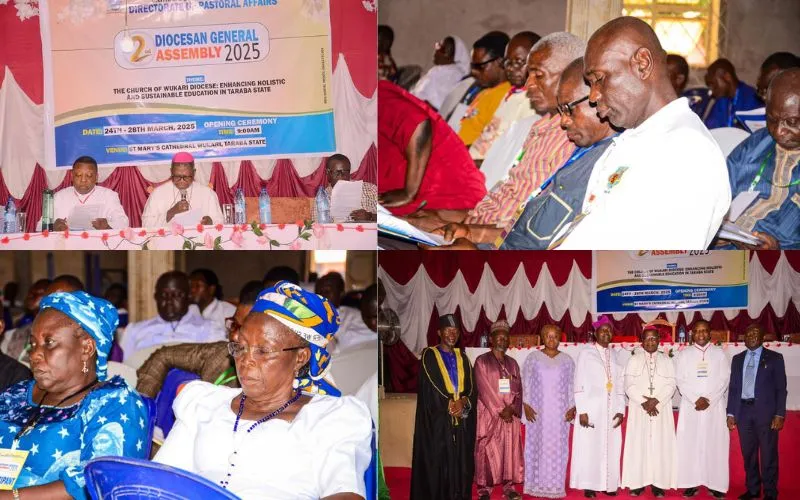Abuja, 12 October, 2022 / 9:25 pm (ACI Africa).
Members of Caritas Nigeria have faulted the reintroduction of the controversial National Water Resources Bill, saying the proposed law has “far reaching effects” on citizens of the West African nation.
The proposed law, which seeks to move the control of water resources from Nigerian State governments to Nigeria’s Federal government was rejected by many Nigerians when it was first introduced in Parliament in 2020.
In a Tuesday, October 11 statement, officials of the development and humanitarian arm of the Catholic Bishops’ Conference of Nigeria (CBCN) say they are “rattled by the implications of this legislation, which has far-reaching effects on the citizenry and violates the Catholic Church’s principle of the Common Good.”
CBCN members urge the federal government “to retract this legislation and prioritize public health by promoting every means possible for achieving quality water and sanitation services, including private ownership and unrestricted use of water.”
In the statement issued by the Executive Secretary of Caritas Nigeria, Fr. Uchechukwu Obodoechina, the Catholic entity says the Bill that was reintroduced to Parliament in June is a threat to the devolution of powers as everything will be centralized to the Federal government.








